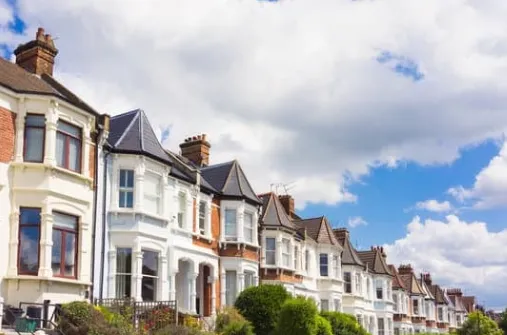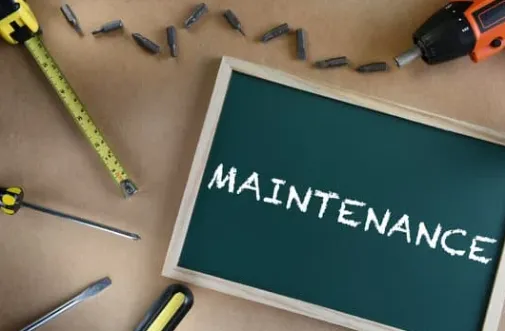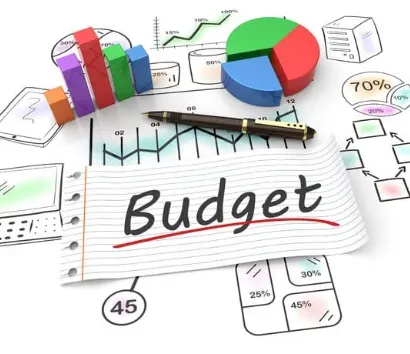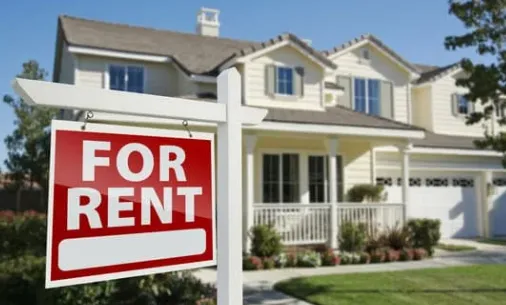Smart Ways to Maintain and Maximise Your Property Investment
Want to protect your investment and maximise returns? This guide shares smart property maintenance strategies every first-time investor should know—from budgeting to tenant care.
Want to protect your investment and maximise returns? This guide shares smart property maintenance strategies every first-time investor should know—from budgeting to tenant care.
.webp)


When it comes to property investment, smart maintenance is more than just fixing things when they break; it's a strategy for long-term growth. Staying on top of repairs, routine upkeep, and preventative measures doesn’t just protect your property’s value; it also helps you attract quality tenants, increase rental income, and avoid costly surprises.
In this blog, we’ll explore practical, proactive ways to maintain your investment property that go beyond the basics. Whether you’re a first-time investor or managing a growing portfolio, these strategies will help you maximise returns, minimise risk, and keep your property performing at its peak.

A smart maintenance strategy starts with planning. Instead of reacting to problems as they arise, take a proactive approach by listing out all expected upkeep tasks from minor routine jobs to major long-term expenses. Annual tasks like garden maintenance, pest control, or servicing the air conditioner might feel small in isolation, but over the years, larger costs such as replacing a roof, updating carpets, or installing a new hot water system can add up quickly.
By setting aside a budget for both ongoing maintenance and larger capital expenses (CapEx), you’ll reduce the risk of being blindsided by big-ticket repairs and maintain your property's value along the way.
Pro tip: If you own a unit or apartment, your body corporate fees usually cover the maintenance of shared areas. But if you have a freestanding house, every repair falls on you so make sure your plan reflects that responsibility.
Not all property expenses are treated the same. Understanding the difference between maintenance and capital expenses helps you budget effectively and take advantage of tax deductions.
These are costs that keep the property in working order and safe for tenants. Examples include:
You can claim these expenses immediately in the financial year they occur, making them tax-deductible straight away.
CapEx includes upgrades or replacements that enhance the property’s value or extend its life. These might be:
These are depreciated over time but are essential for maintaining long-term growth potential.

To stay ahead financially, you’ll want to take a strategic approach to budgeting:

Spending a little regularly helps you avoid costly surprises later. Well-maintained properties attract better tenants, reduce vacancies, and are more appealing to future buyers.
Even better? Tenants are more likely to renew their lease in a property that feels looked after and that means more consistent cash flow for you.
Building strong relationships with your tenants is also part of the equation. Respond promptly to issues, be transparent about timelines, and treat your property like a business. Tenants who feel respected are more likely to return the favour.
Property investment doesn't have to be overwhelming especially when you have the right tools and team behind you.
Property maintenance isn’t just about spending money, it's about protecting your assets and setting yourself up for long-term success.
With a proactive plan, a smart budget, and the right mindset, you’ll be ready to maximise your investment and move one step closer to financial freedom.
Want expert guidance tailored to your goals? Book a FREE discovery call with Search Property today and start making smarter property moves.
